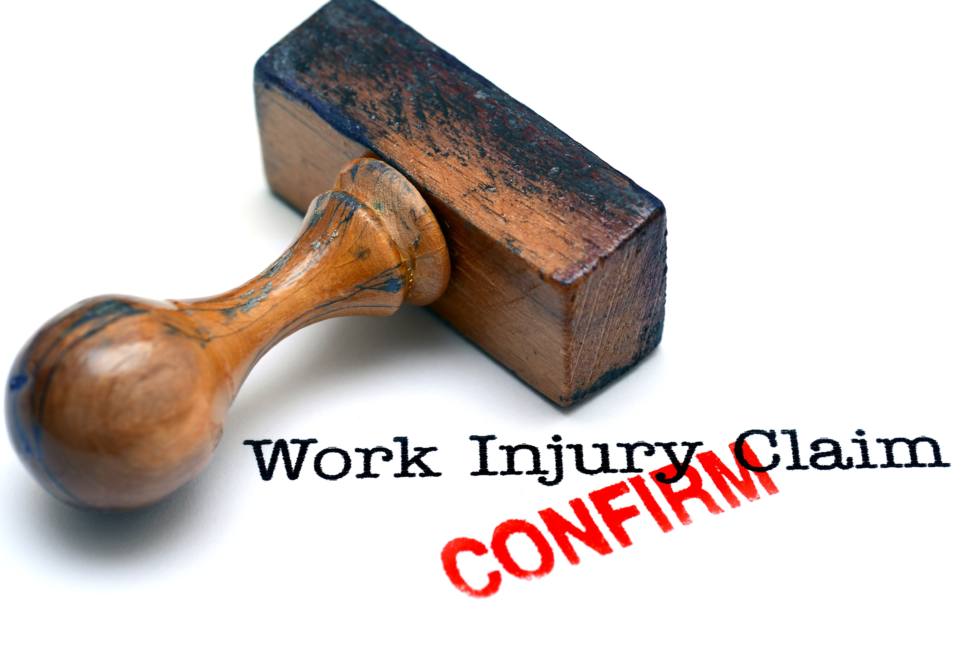Workers’ Compensation Vs. Third-party Claim Vs. Employer Lawsuits
When you’re injured on the job, workers’ compensation is usually the surest path toward the medical coverage and wage replacement you need. Because it’s a no-fault system, you simply need to prove that you are, in fact, injured and that your injury occurred at work in order to receive benefits. It’s designed to move quickly with minimal back-and-forth between parties.
But a no-fault system also comes with limitations. Workers can’t hold their employer responsible for pain and suffering, for example. And there are caps on how much the injured party can receive.
In some cases, though, workers have alternatives. When you’re injured at work and someone other than your employer is at fault, you may be able to file a third-party claim. This gives hurt workers the chance to pursue both a workers’ comp claim against their employer and a personal injury suit against the other party.
What is a third-party claim?
In a typical workers’ compensation case, it doesn’t matter if the employee or the employer was at fault. But when someone else is involved, it introduces the possibility of an additional personal injury claim. Examples might include:
- An employee slips on ice in her office courtyard: While her employer will be responsible for her workers’ comp claim, the landscaping company that failed to turn off sprinklers before a freeze might be held responsible for her injuries.
- A worker making a delivery to a client is rear-ended and requires back surgery: Because the employee was driving for work, he has a workers’ comp claim. But he can also file suit against the at-fault driver.
Personal injury cases require a higher burden of proof, but they can cover much more: lost wages, medical bills, pain and suffering, and additional damages.
Issues to be aware of in a third-party suit
If you’re pursuing a workers’ comp claim and a personal injury case, it’s important to work with a skilled Atlanta workers’ comp attorney. The workers’ comp insurer might try to recover workers’ comp payments from your personal injury settlement. An attorney can take steps to prevent this from happening.
Also tricky? In your third-party suit, the jury will have to consider whether your employer was also at fault, assigning liability between you, your employer and the third party. This means it’s sometimes possible for the employer to be found liable—the employer who can’t be held legally responsible under workers’ comp laws. Your workers’ compensation attorney will have to make a case that the third party holds primary responsibility.
When you may have an employer lawsuit
In most cases, workers’ compensation protects employers from lawsuits from employees. In cases of gross negligence, however, employees may be able to sue their employer.
Employment suits are also an option when one employee is assaulted by another at work. The injured employee can file suit against the employer.
Contact a workers’ compensation lawyer today
If you’re pursuing a third-party lawsuit, remember that you still have a workers’ comp case in play. Workers’ compensation in Georgia is complex and challenging for lawyers who do not have experience with these types of cases. At the Law Offices of Laura Lanzisera, we’re dedicated to workers’ comp cases, and we understand the complexities of pursuing two cases at once. Contact the Law Offices of Laura Lanzisera today for a free consultation, or give us a call at 404-991-5097.
